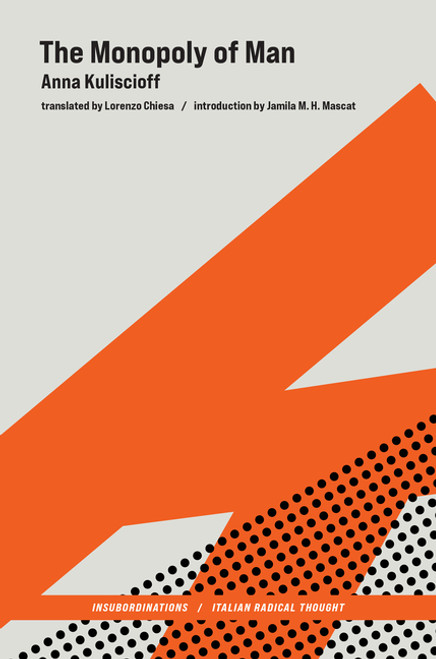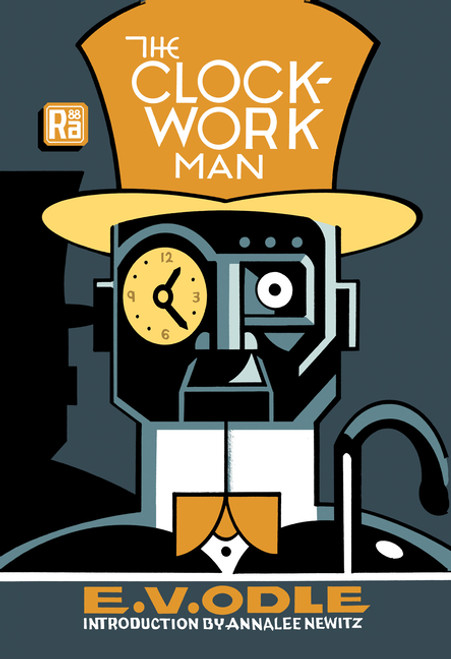A key text by a leading figure in Italian socialist feminism that remains relevant today, addressing the exploitation of women in the workplace and at home. Anna Kuliscioff (ca. 1854-1925) was a prominent figure in the revolutionary politics of her era, advocating for socialism and feminism. One of the founding members of the Italian Socialist Party, she actively contributed to the late-nineteenth-century flourishing of the Socialist International and the emergence of Italian socialism. For the last decades of her life, Kuliscioff's public militancy revolved around the woman question. She viewed feminism through the lens of class struggle, addressing the double exploitation of women--in the workplace and at home. Kuliscioff fought a twofold battle: as a socialist, she unmasked the sexism of her colleagues; as a feminist, she criticized liberal-bourgeois feminism. In this key text, she makes her case for a socialist feminism.
Originating as a lecture Kuliscioff delivered in April 1890 at a meeting of the the Milan Philological Circle (which denied membership to women), The Monopoly of Man explicitly links feminism to labor. Kuliscioff argues that labor frees women from the prison of the household and potentially fosters their emancipation; she advances the principle of equal pay for equal work. She declares that woman is enslaved by both her husband and by capital, calls marriage a form of women's servitude, and demands that motherhood be better appreciated as work. It is only when woman is economically independent and resists capitalism, she argues, that she will achieve freedom, dignity, and the respect of man.
Originating as a lecture Kuliscioff delivered in April 1890 at a meeting of the the Milan Philological Circle (which denied membership to women), The Monopoly of Man explicitly links feminism to labor. Kuliscioff argues that labor frees women from the prison of the household and potentially fosters their emancipation; she advances the principle of equal pay for equal work. She declares that woman is enslaved by both her husband and by capital, calls marriage a form of women's servitude, and demands that motherhood be better appreciated as work. It is only when woman is economically independent and resists capitalism, she argues, that she will achieve freedom, dignity, and the respect of man.





